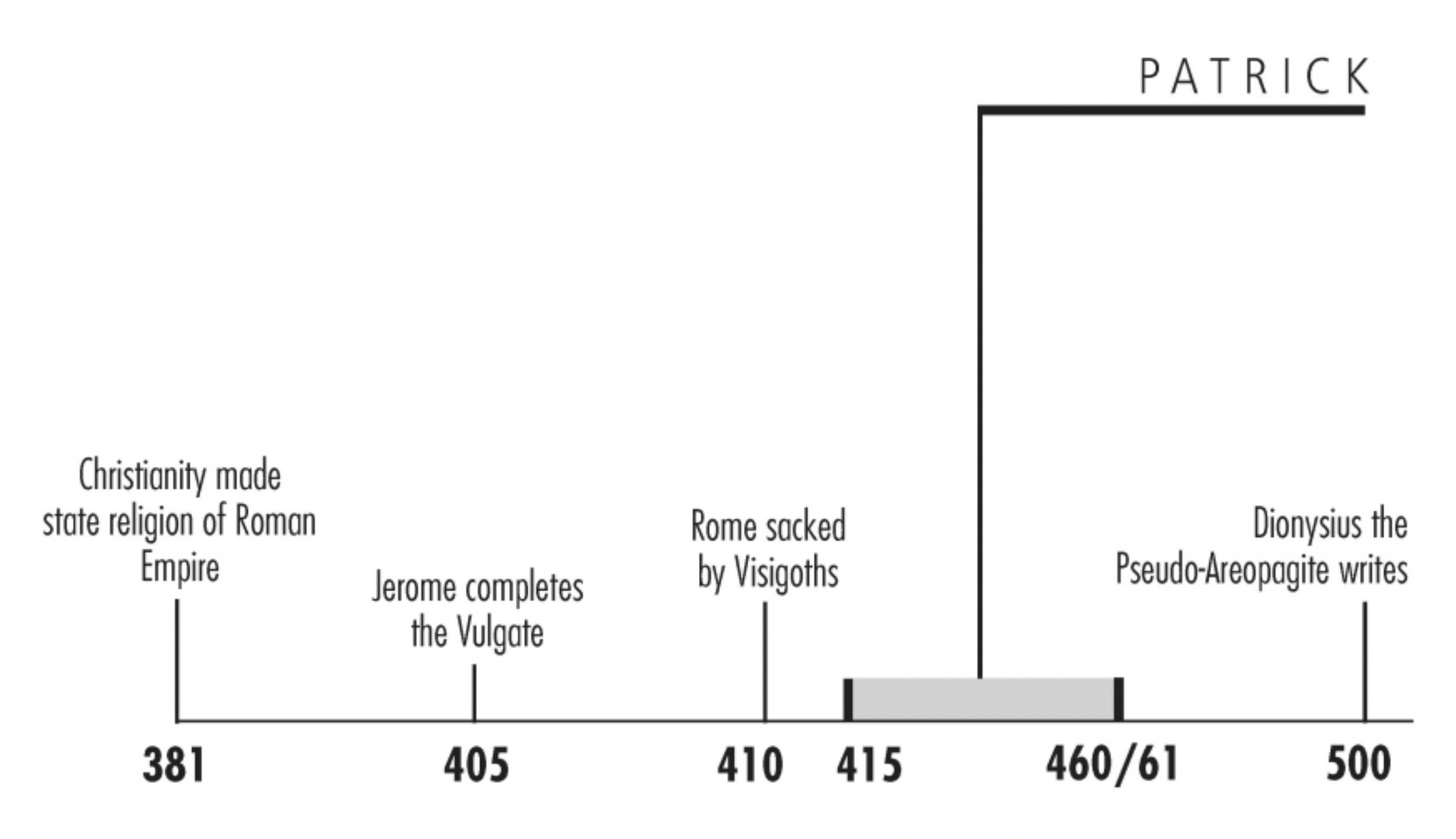
Saint Patrick, often shrouded in legend and folklore, emerges from history as a figure of profound faith and determination. Contrary to popular myths, Patrick did not drive snakes out of Ireland nor is the use of the shamrock to explain the Trinity verified. He is better understood as a humble missionary of great courage who profoundly influenced Ireland and, subsequently, Europe.
His journey began in adversity when, at the age of 16, he was captured by Irish raiders and sold into slavery. This period of intense hardship led Patrick to turn deeply towards the Christian God, developing a practice of constant prayer that sustained him. After six years, he escaped following a divine prompting, eventually returning to his family in England.
Despite initial reluctance and self-doubt, particularly about his education, Patrick felt a compelling call to return to Ireland as an evangelist. Facing a pagan society deeply influenced by druidic practices, Patrick’s mission was fraught with dangers including opposition from the druids, who were seen as powerful figures within Irish society. Yet, Patrick’s unwavering faith and belief in the power of God enabled him to navigate these challenges.
His stance against slavery, condemning the practice vehemently and taking action against it, marked him as a pioneering Christian voice for human dignity.
Patrick’s legacy is not just in his missionary work, but also in his embodiment of Christian virtues such as humility, prayerfulness, and a deep connection to nature, which later inspired the Celtic Christian tradition. His writings, especially his Confession, reveal a man deeply moved by God’s authority and guidance in his life, despite his own feelings of inadequacy.
The true impact of Patrick’s life is seen in the transformation of Irish society, the cessation of the slave trade within his lifetime, and the inspiration he provided for future generations of missionaries across Europe. His feast day, March 17th, commemorates a life that, beyond the myths, was a beacon of Christian faith and service.

+++
